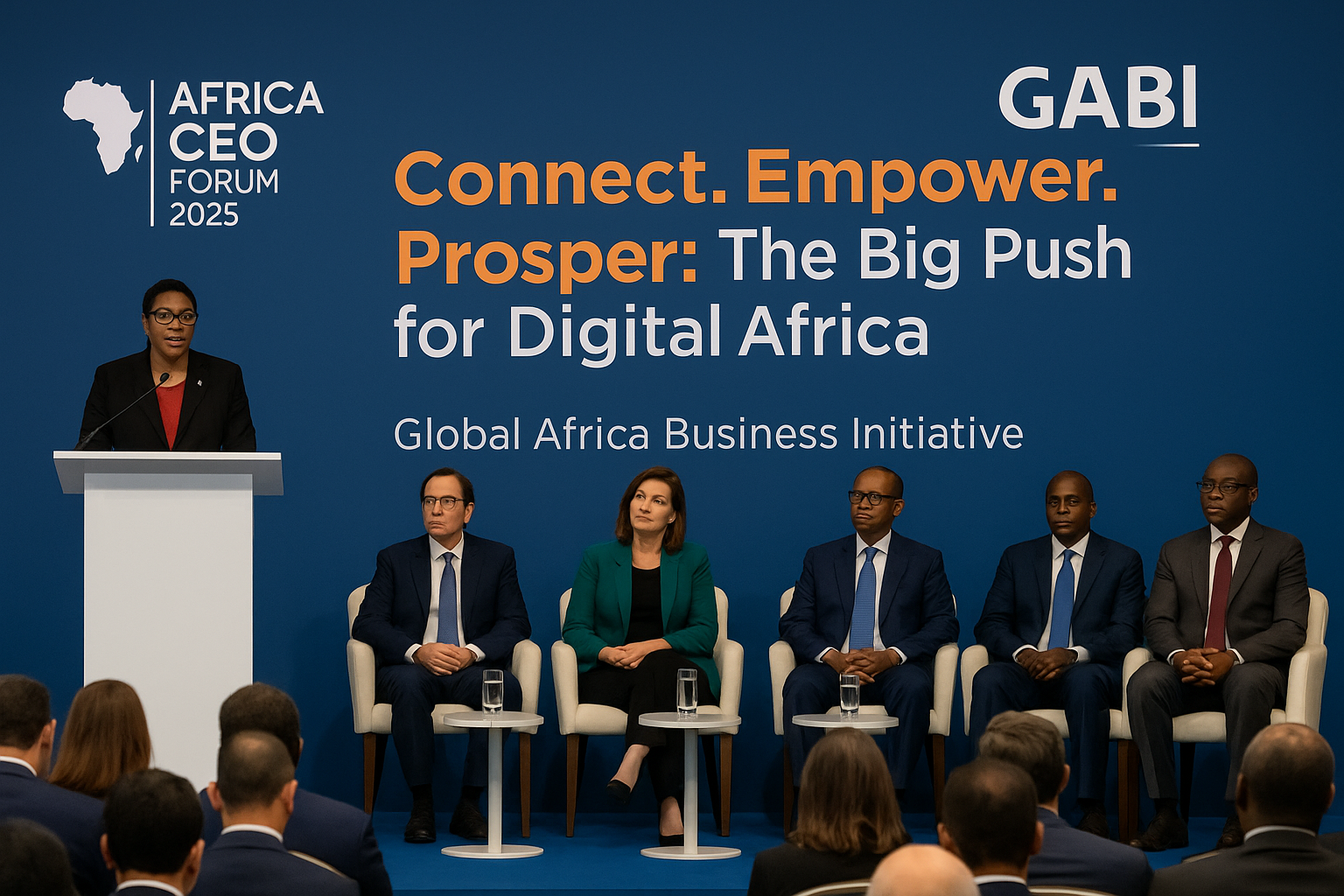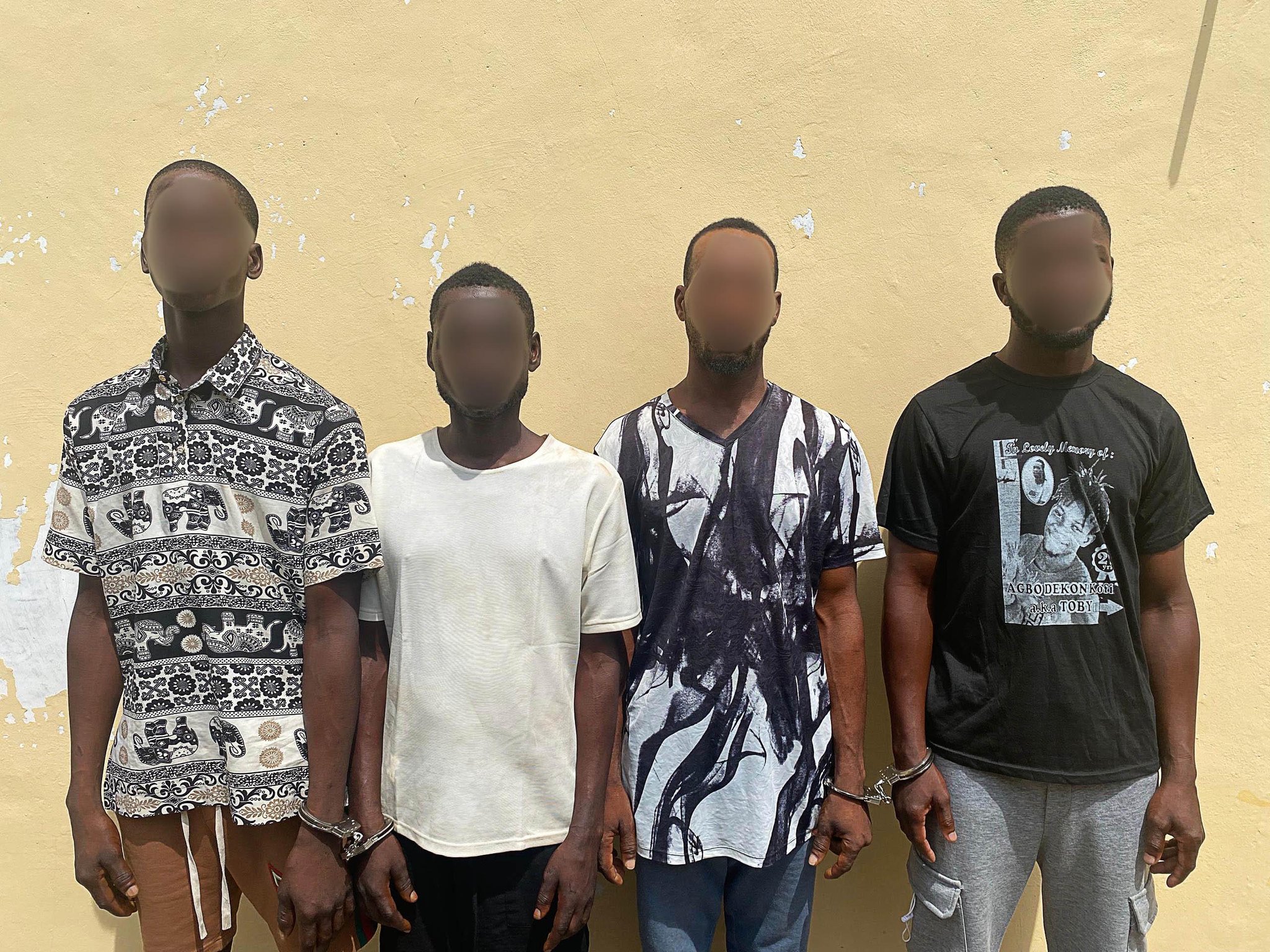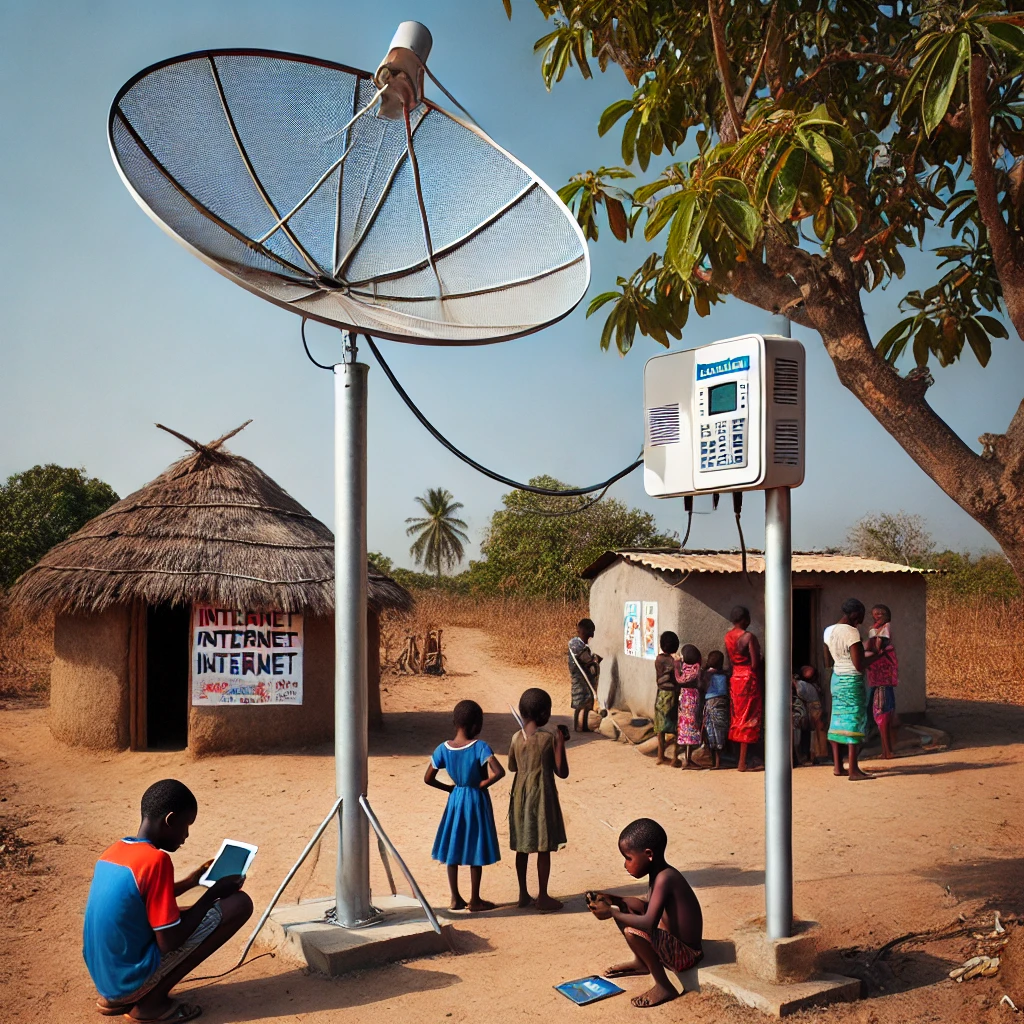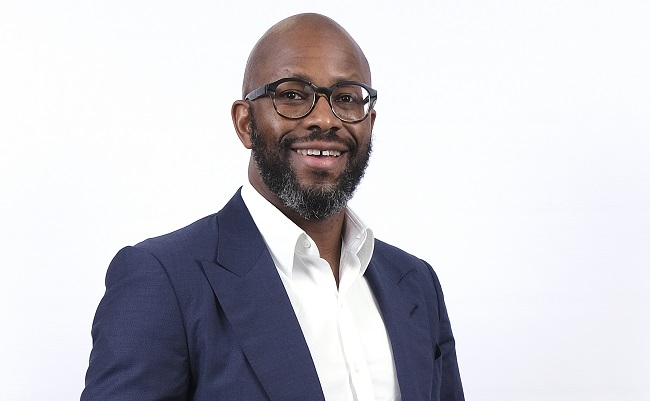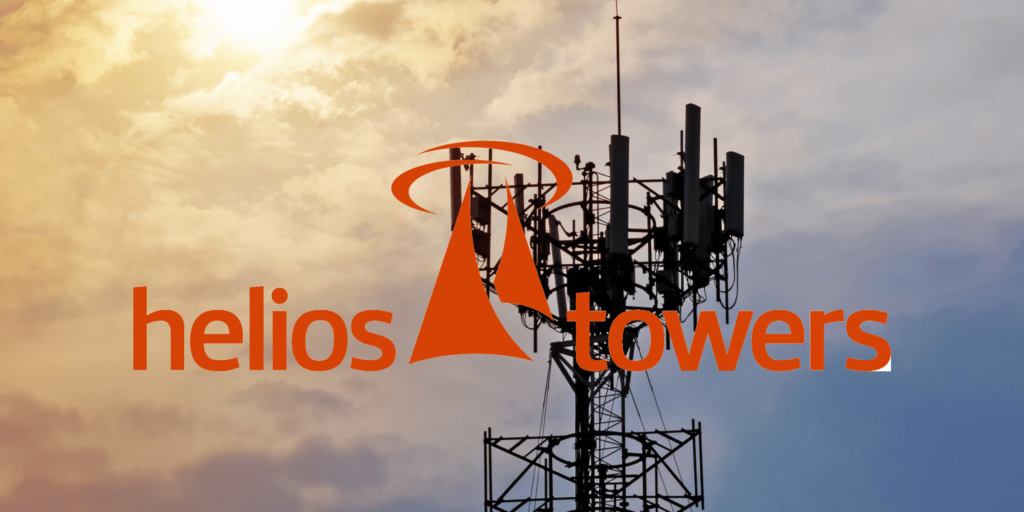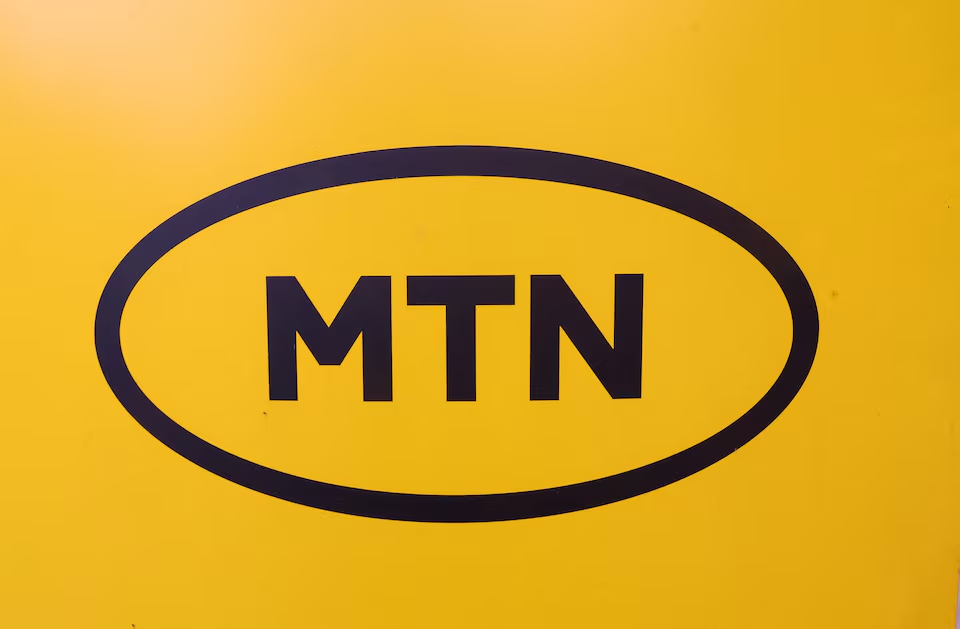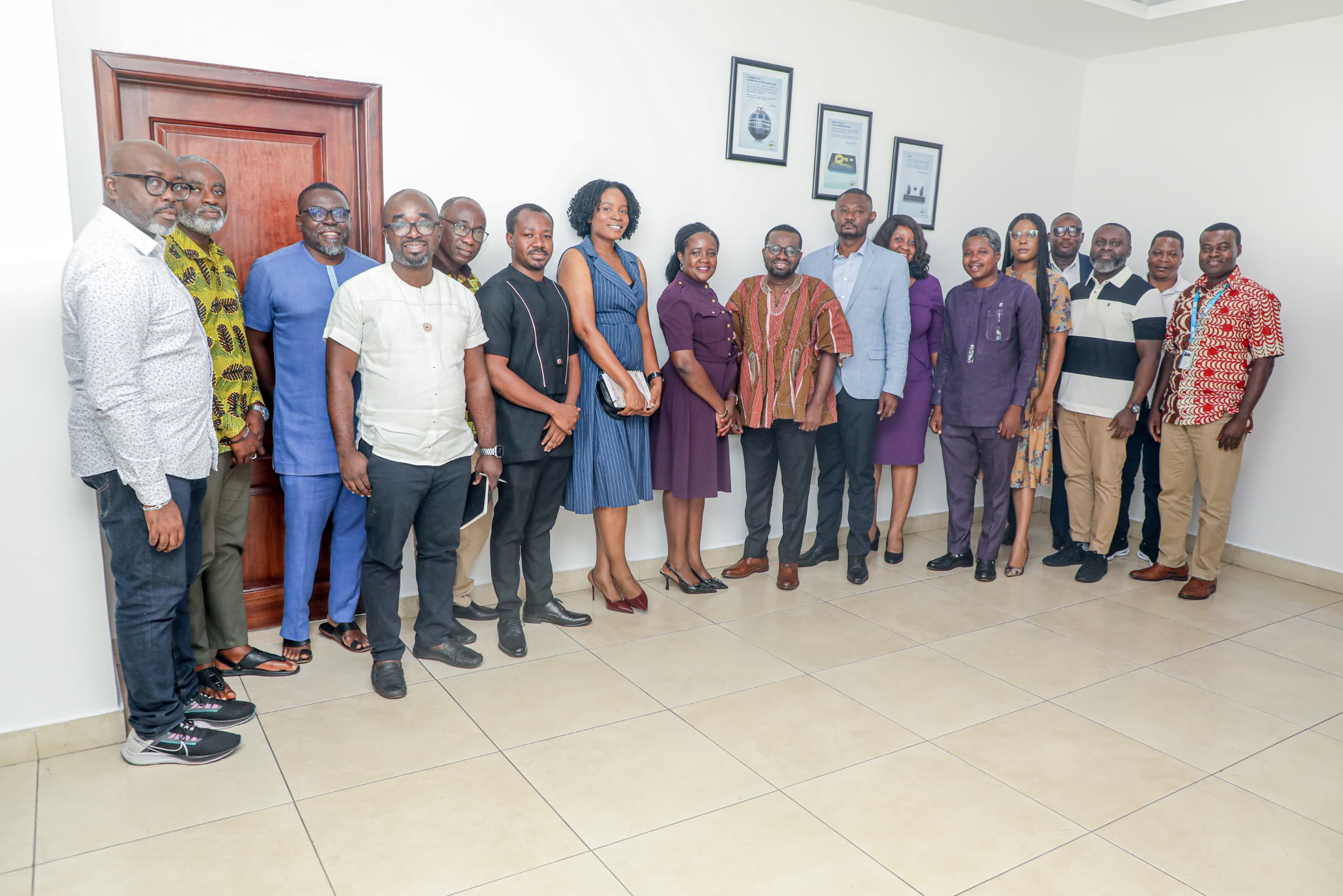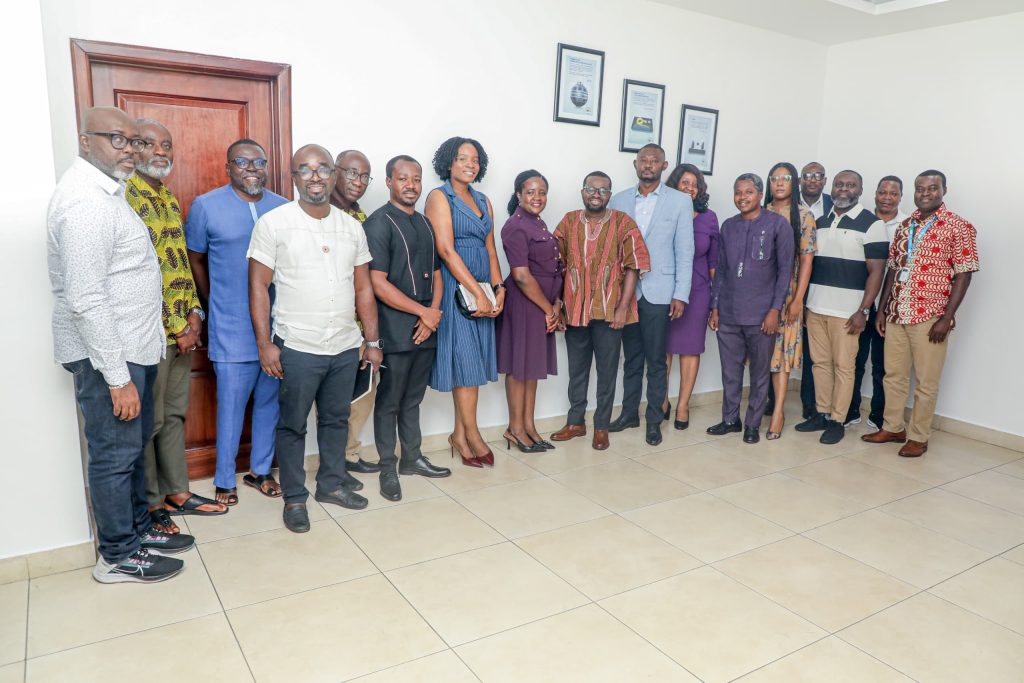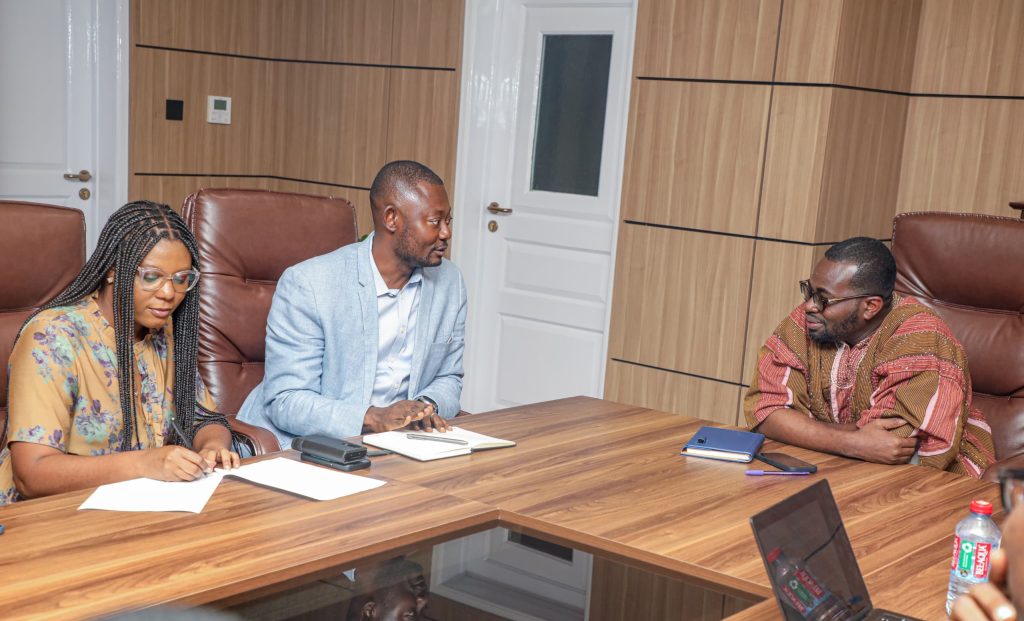The Global Africa Business Initiative (GABI) convened top public and private sector leaders at the Africa CEO Forum 2025 to fast-track Africa’s digital transformation. The high-level GABI Bridge side event was held under the theme “Connect. Empower. Prosper: The Big Push for Digital Africa.”
The session brought together decision-makers from government, finance, industry, and technology to explore how the continent can build inclusive digital infrastructure, nurture innovation ecosystems, and unlock new opportunities within the digital economy.
In her opening remarks, Sanda Ojiambo, Assistant Secretary-General and Executive Director of the United Nations Global Compact, emphasized the urgency of collective action:
“Africa’s digital future must be inclusive, sustainable, and African-led. This is not just a technological imperative – it’s an economic and social necessity.”
Highlights from the GABI Bridge Session:
- Urgent Push for Infrastructure Investment:
Stakeholders stressed the importance of coordinated public-private financing models to expand connectivity, especially in underserved rural areas. - Collaboration Across Sectors:
Speakers underscored the role of strong public-private partnerships in enhancing regulatory frameworks and promoting sustainable digital transformation. - Empowering Local Innovation:
The session called for enabling environments for startups through regulatory reforms, access to funding, and support for Africa’s homegrown tech talent. - Boosting Intra-African Trade via Digital Platforms:
Harmonizing digital regulations is seen as key to unlocking the benefits of the African Continental Free Trade Area (AfCFTA), particularly in e-commerce and digital transactions. - Preparing Youth for the Digital Age:
Educational systems must be modernized through curriculum upgrades, teacher training, and tech-industry collaboration to equip youth with future-ready skills.
The GABI Bridge concluded with a rallying call to turn ideas into action—transforming commitments into investment, partnerships into platforms, and ambition into measurable progress for Africa’s digital future.
Source: Extensia.tech | Original source: APO


